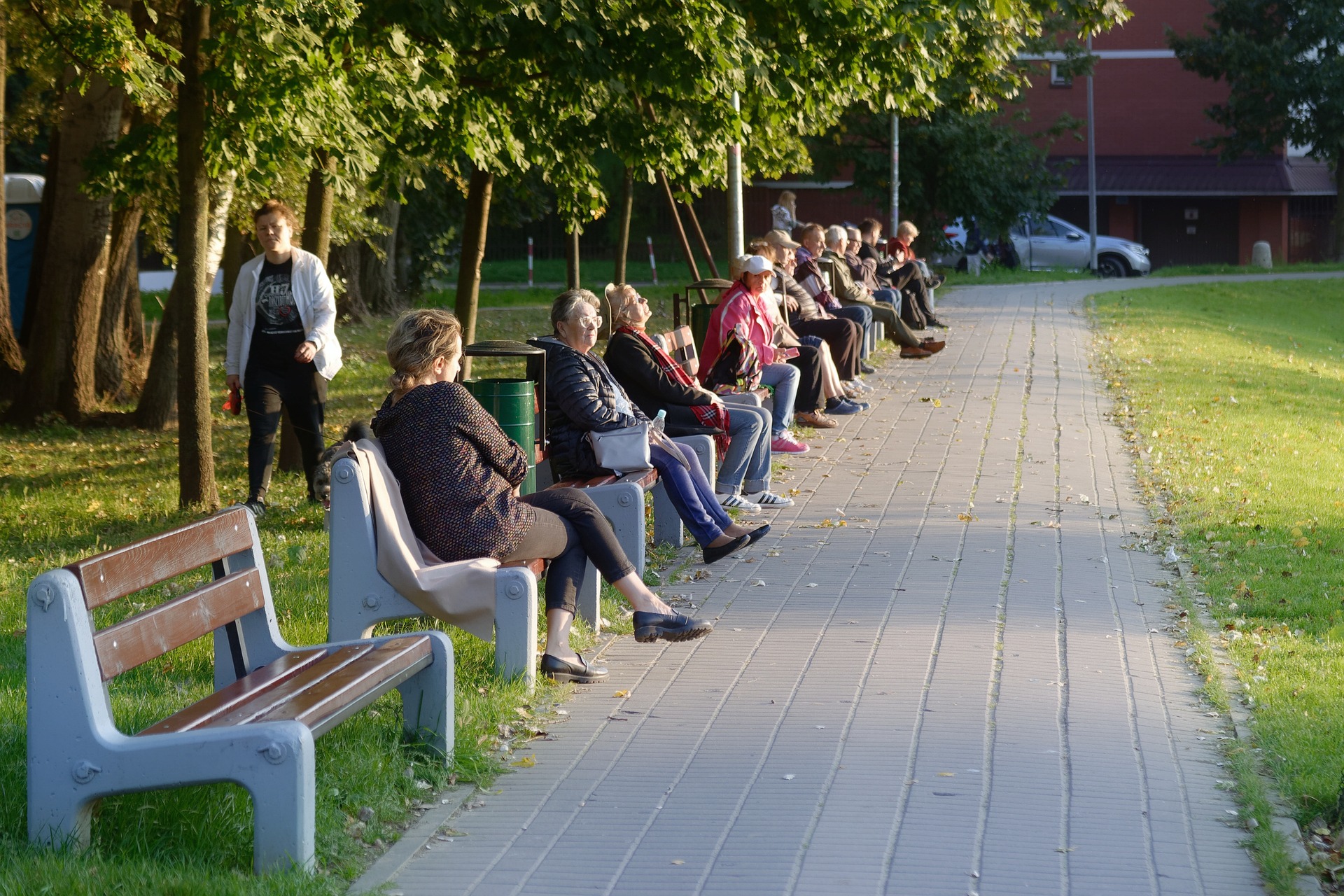The Impact of Community Gardens on Urban Neighborhoods
Exploring how community gardens contribute to social cohesion and environmental sustainability in urban areas. Read below to discover their multifaceted benefits and community impact.

Community Gardens: Fostering Social Bonds
Community gardens serve as hubs where neighbors come together, fostering social connections and a sense of belonging. These shared spaces promote interaction among diverse community members, bridging social divides and enhancing community resilience.
Environmental Benefits and Urban Greening
Beyond social benefits, community gardens play a crucial role in urban greening efforts. They improve air quality, reduce urban heat islands, and promote biodiversity, contributing to a healthier and more sustainable urban environment.
Empowerment and Education
Community gardens empower residents by providing opportunities for education and skill-building in gardening and sustainable practices. They promote food security, teaching participants about organic farming, healthy eating, and local food production.
Economic and Health Impacts
Participation in community gardening can lead to economic savings through reduced grocery bills and increased access to fresh produce. Moreover, gardening promotes physical activity and mental well-being, contributing to overall community health.
Tips for Starting and Sustaining a Community Garden
- Choose a suitable location accessible to all community members.
- Secure funding and resources through grants, donations, or partnerships.
- Establish clear rules and responsibilities for garden maintenance.
- Organize community events and workshops to foster engagement and skill-sharing.
- Ensure sustainability through composting, water conservation, and eco-friendly practices.
Conclusion
Community gardens serve as transformative spaces where social, environmental, economic, and health benefits intersect. By fostering community engagement and environmental stewardship, these gardens contribute to vibrant, resilient urban neighborhoods.
This article highlights the positive impact of community gardens, emphasizing their role beyond food production in enhancing urban livability and community well-being.




